It’s not just about the cost, it’s about the emotional and lifestyle math.

The sight of a Millennial pushing a dog in a stroller or referring to themselves as a “pet parent” has become a familiar cultural touchstone. While older generations are quick to point to the high cost of raising a child as the sole reason, the decision is often far more complex than a simple financial calculation. The choice to welcome a pet into the home instead of a baby is rooted in a deep recalibration of life’s priorities.
It reflects a generational shift in the definition of family, fulfillment, and what it means to live a good life in 2025.
1. They crave nurturing without the crushing responsibility.
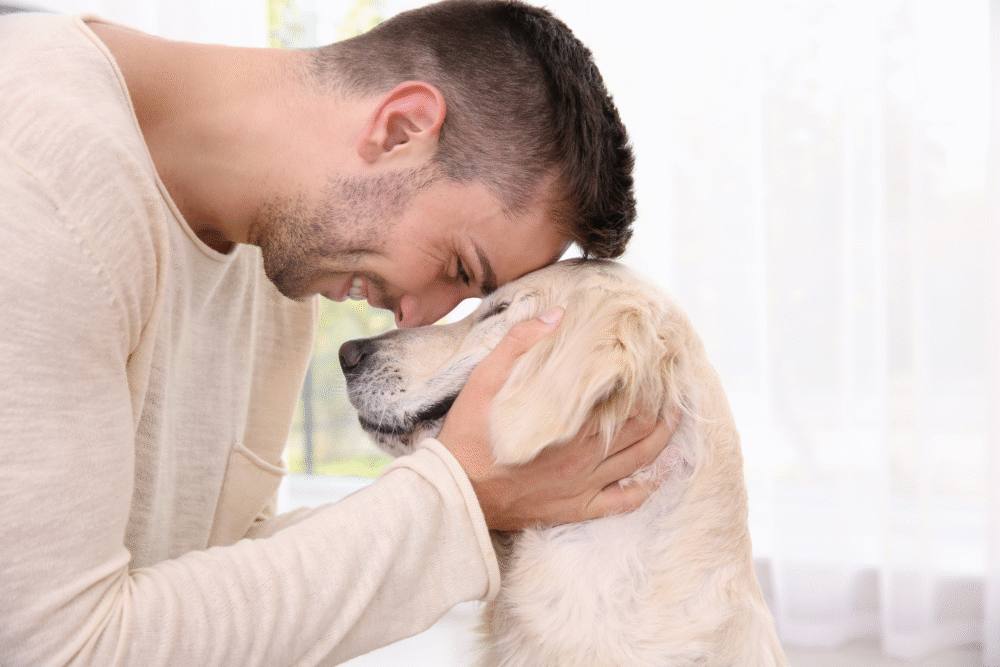
The desire to care for and nurture another living being is a powerful human instinct. Millennials are no exception, but the sheer, lifelong weight of raising a child in today’s world can feel paralyzing. A pet offers a beautiful alternative, providing an outlet for that same nurturing energy but on a much more manageable scale. It’s a deep commitment, but not an all-consuming, 18-plus-year one.
A dog or cat provides a daily routine of care, from feeding and walks to cuddles and vet visits, that can be incredibly fulfilling. It satisfies the need to be needed without requiring the complete and total sacrifice of one’s own identity, career, and personal freedom that modern parenthood so often demands.
2. Pets are compatible with a flexible, modern lifestyle.
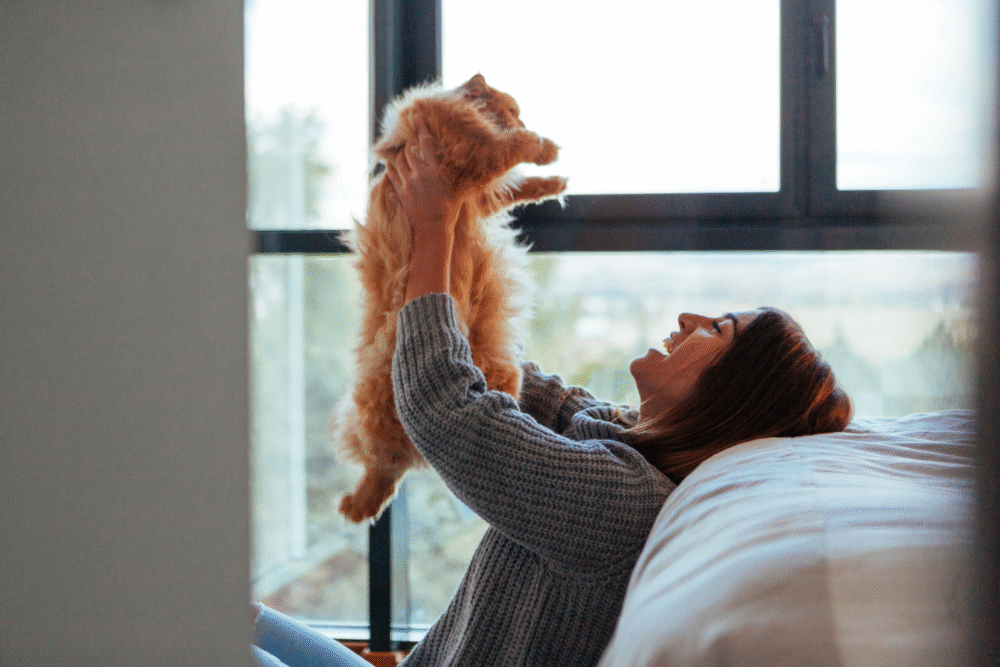
Millennials place a high value on personal freedom, travel, and spontaneity. A pet, while still a significant responsibility, is far more compatible with this lifestyle than a child. You can hire a pet-sitter for a weekend getaway or an international trip. You can still pursue a demanding career that involves long hours or move to a new city for a job opportunity without uprooting a child’s entire life.
In places like California, where an active lifestyle of hiking and beach trips is central to life, a dog is often seen as an adventure companion. A pet fits into the existing life of a Millennial, whereas a child fundamentally and irrevocably reshapes it. This preservation of personal freedom is a massive factor in the decision.
3. The powerful emotional support pets provide.
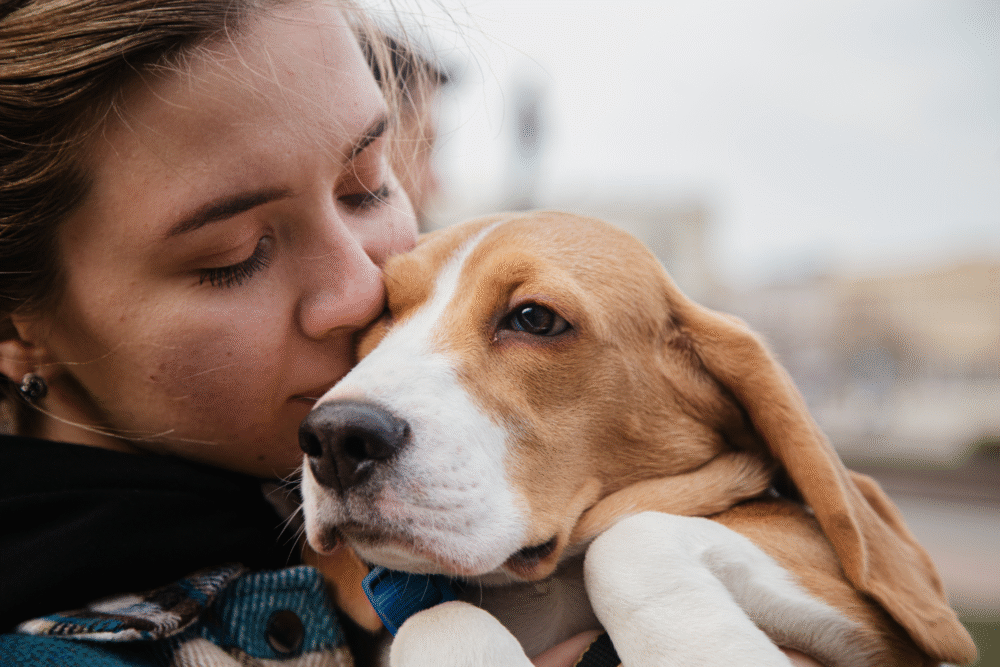
Having grown up in an era of economic uncertainty, social upheaval, and digital-age anxiety, Millennials are acutely aware of their mental health needs. For many, a pet is not just a companion; it’s a vital source of emotional support. The simple, unconditional love of an animal is a powerful antidote to loneliness, stress, and depression. Their presence can be incredibly grounding.
A dog’s wagging tail at the end of a hard day or a cat’s calming purr provides a level of consistent, non-judgmental affection that is hard to find elsewhere. In a world that often feels complicated and isolating, the simple, tangible comfort of a pet is a profound and deeply valued part of their well-being, one they prioritize highly.
4. They are deeply anxious about the state of the world.

Many Millennials are hesitant to bring children into a world they perceive as facing an array of existential threats. They carry a heavy sense of anxiety about climate change, political instability, and economic volatility. For some, the decision not to have children is a conscientious one, born from a fear about the quality of life that future generations will inherit.
A pet, on the other hand, offers companionship and love without this profound ethical and existential burden. It allows them to build a family and a loving home without gambling on a future that feels deeply uncertain. It’s a way to choose joy in the present without feeling overwhelmed by worries about the distant future.
5. The culture of “pet parenthood” has normalized it.

Society has increasingly embraced the idea of pets as legitimate family members. The term “pet parent” is now a common part of our vocabulary, and the stigma of being “child-free” has significantly diminished. Social media is filled with proud “dog moms” and “cat dads” celebrating their pets’ birthdays, creating a strong and validating community.
This cultural shift has made choosing a pet over a child a fulfilling and socially accepted life path, rather than a second-best option. When your friends and community celebrate your pet as your “fur baby,” the desire to have a human baby can feel less like a mandatory life step and more like a personal choice.
6. They use pets as a “trial run” for bigger commitments.
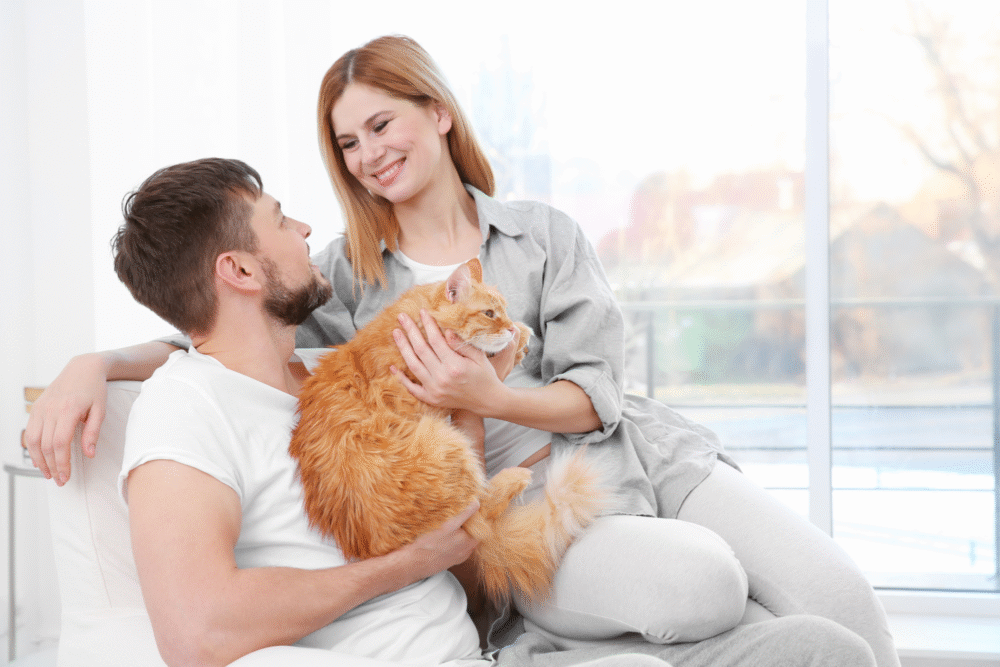
For Millennial couples, getting a pet is often a significant milestone. It’s a lower-stakes way to test their ability to share responsibility, communicate through stress, and care for a dependent being together. How they handle the challenges of a new puppy—the sleepless nights, the vet bills, the training—can be a revealing test of their relationship’s strength.
This “starter child” approach allows them to dip their toes into the waters of caregiving before taking the irreversible plunge into parenthood. For many, it’s a practical step that either solidifies their desire to have children later or makes them realize they are perfectly happy as a family with just a pet.
7. The immense pressure of modern parenting is a deterrent.
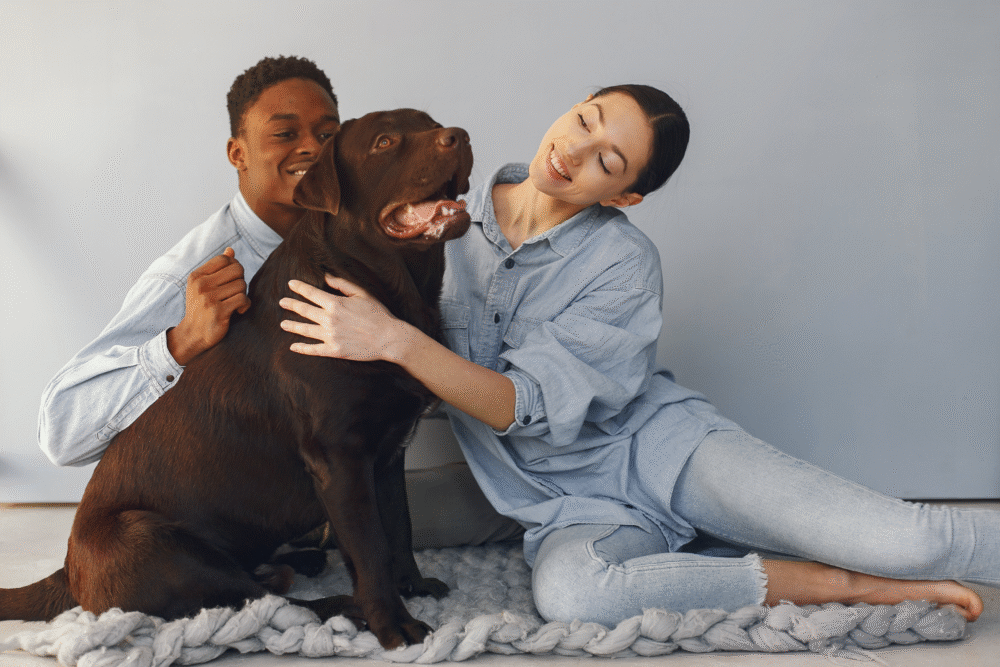
Millennials have watched the standards for “good parenting” escalate to almost impossible levels. The pressure to be a perfect, ever-present, “gentle” parent—while also maintaining a career, a home, and a personal life—is immense and often fueled by social media. They see the exhaustion and anxiety in their friends who are parents and are understandably intimidated.
Pet ownership, while demanding, feels far less fraught with judgment and the risk of “messing up” a human being for life. The stakes are lower, and the experience is often more focused on simple joy rather than the constant, high-pressure performance that modern parenting has become.
8. They have delayed other major life milestones.

Due to a combination of student loan debt, wage stagnation, and the housing crisis, Millennials have been forced to delay many of the traditional markers of adulthood. They are getting married later and buying homes later than previous generations. It’s only logical that having children would follow the same pattern of delay.
In the years that they might have otherwise been starting a family, pets fill the void. A dog or cat provides the companionship and sense of family they crave during this extended phase of pre-parenthood, a phase that for many has become a permanent and preferred state of being.
9. They are redefining what “family” means.

The Millennial generation has consistently challenged traditional norms and institutions, from marriage to the 9-to-5 workday. Their approach to family is no different. They are moving away from the rigid, nuclear family model and embracing a more inclusive and personalized definition of what a family can be.
For many, a family is simply a unit of love and mutual support, and it doesn’t require children to be complete. A couple with their two dogs, or a single person with their beloved cat, can be just as valid and fulfilling a family unit as any other. This is a deliberate redefinition, an assertion of their right to build a life on their own terms.
10. The challenge of finding a stable, long-term partner.
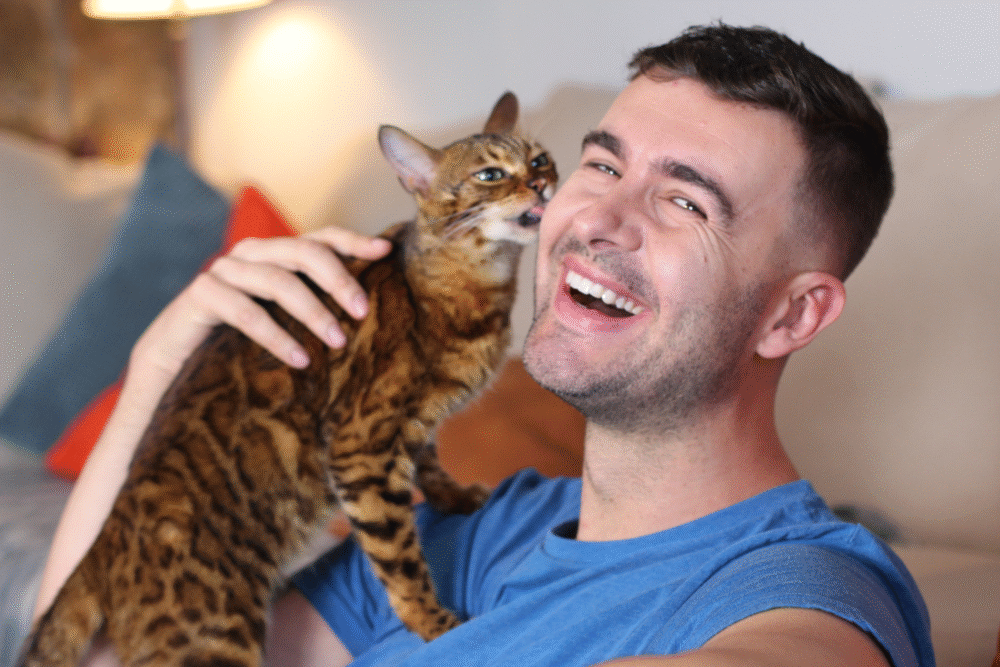
The modern dating landscape can be a difficult and discouraging place. Many Millennials in their 30s who desire a family still find themselves single or cycling through a series of short-term relationships that don’t feel stable enough to consider bringing a child into the world. The timeline for meeting a partner and having kids can feel incredibly compressed and stressful.
A pet offers a reliable source of love and companionship that isn’t dependent on the uncertainties of the dating world. For a single person, a pet can make a house feel like a home and provide a constant, loving presence. It’s a way to have a family member without having to find a human partner first.
11. They simply find more joy in pets.
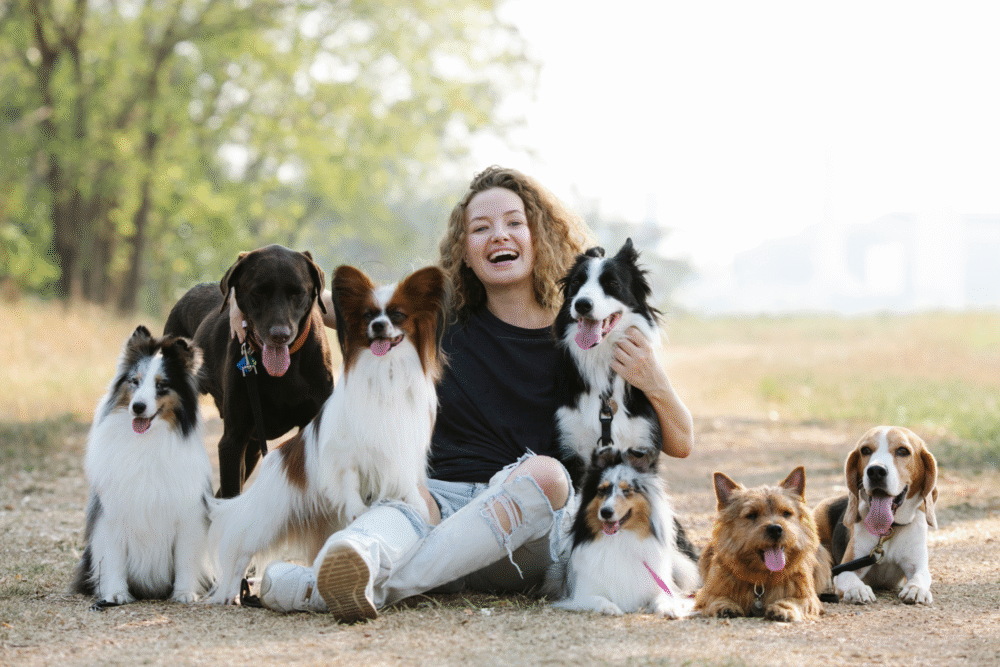
This is perhaps the simplest and most overlooked reason. Many Millennials just genuinely love animals and find immense joy and fun in their companionship. Pets are playful, funny, and goofy. They force you to get outside, to play, and to live in the moment. The daily experience of owning a pet is often filled with more lighthearted fun than stress.
While children also bring joy, it is undeniably accompanied by a profound level of worry, sacrifice, and stress. For many, the joy-to-stress ratio of owning a pet is simply more appealing. They are choosing a path that they believe will bring them more consistent, simple happiness.
